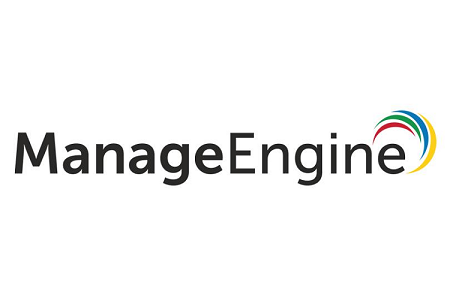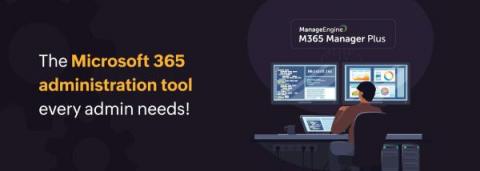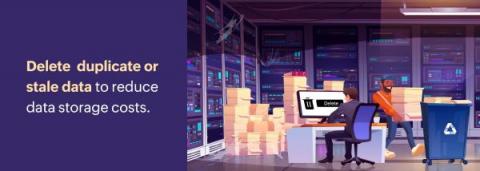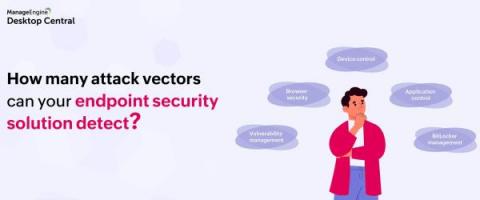Looking back at the ADSelfService Plus features and enhancements from 2021
The new year is approaching, and recapping the features and enhancements ADSelfService Plus realized in 2021 is fitting. The integrated self-service password management and multi-factor authentication (MFA) solution for Active Directory and cloud applications added many exciting new features and enhancements. In 2020, the major features released by ADSelfService Plus, like MFA for VPN and conditional access, focused on tackling the security issues that arose with the shift to remote work.








